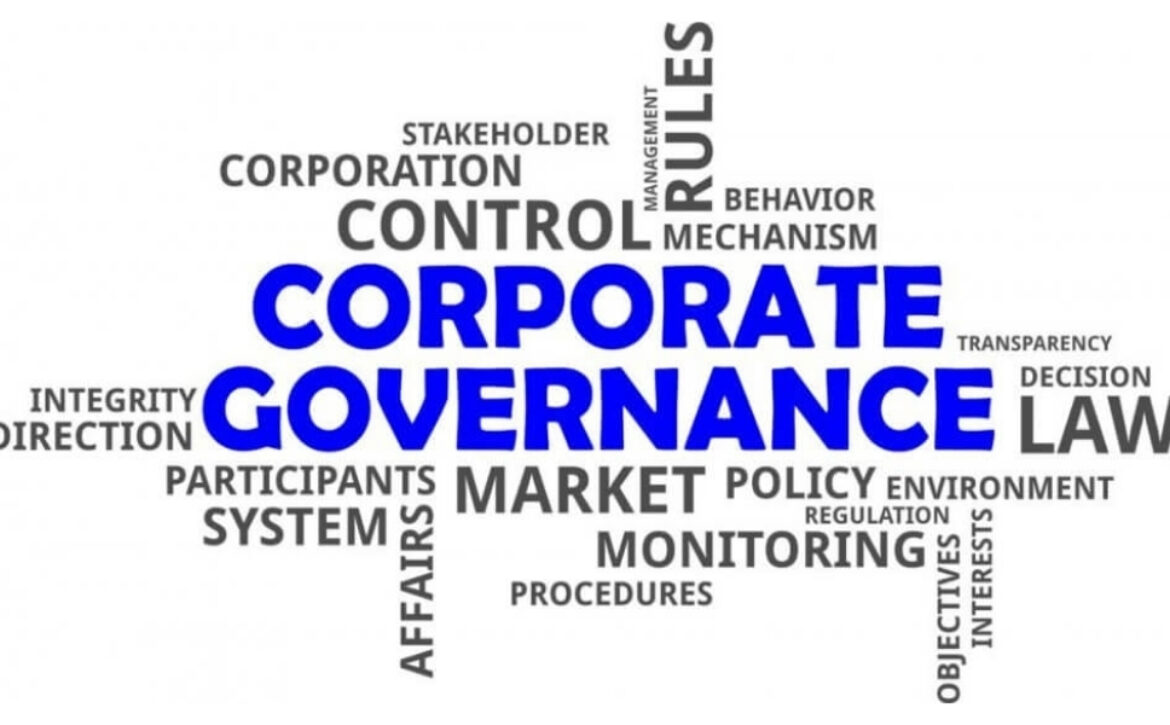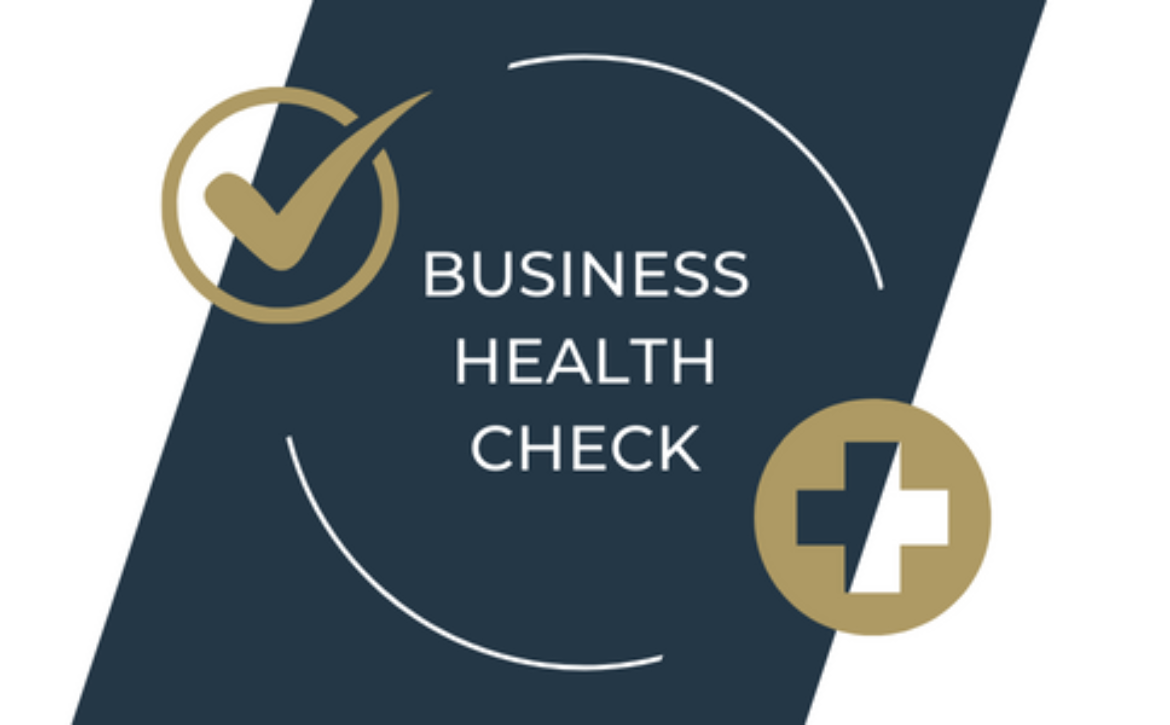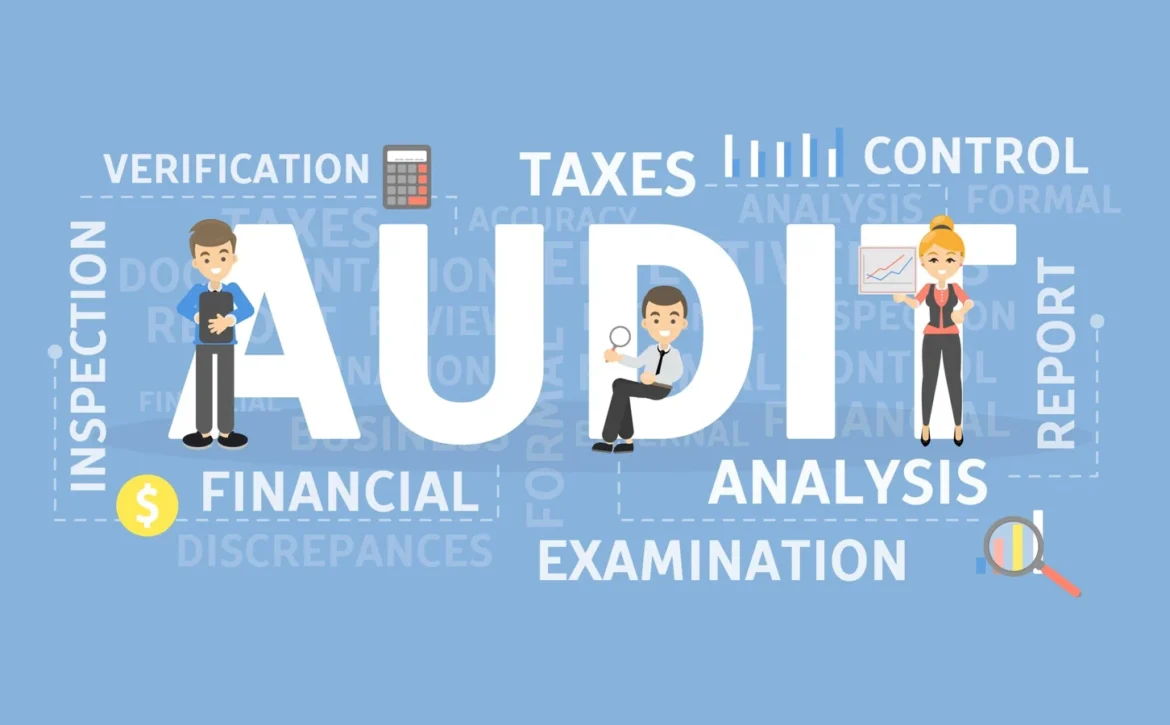Dubai Fraud Risks in 2026
Dubai Fraud Risks in 2026
The Dubai fraud risks in 2026 will only grow as the demand for business and commerce increases. As the world has become digital and can now trade globally, companies must take every action necessary to protect themselves from financial crime. Therefore, the company must reinforce its defences before the potential risk increases.
Many companies continue to attract worldwide investors and entrepreneurs; however, fraud continues to evolve as the companies innovate. Therefore, every company needs to be proactive in protecting itself from possible fraud.
Understanding the Dubai Fraud Risks in 2026 can provide valuable information to the business community as the economy and technology continue to evolve. Cyber fraud is targeted toward payment systems and customer data. Likewise, the internal fraud threat to accounting accuracy and asset security is increasing.
In addition, due to the increase in cross-border transactions, the regulatory complexity has increased. The fraudster is also taking advantage of weak controls and outdated systems; therefore, the level of awareness and knowledge of the company remains the best defence.
Dubai Fraud Risks in 2026: Why does it make sense?
Reputation and financial stability are negatively impacted by Dubai Fraud Risks in 2026. Loss of confidence in a company damages relationships with investors, clients, and regulatory authorities. Therefore, it is essential to take measures to prevent such a loss to the company so that the company can maintain both revenue and credibility.
Furthermore, there is an increasing trend of regulatory penalties across all industries. Regulatory authorities are expecting to see companies have strong internal controls and report promptly; therefore, compliance and fraud prevention must work closely together.
Fraud Types that are Common in 2026
In 2026, the fraud risks in Dubai are Cyberfraud and Identity Theft. Hackers have targeted Online Banking Platforms as well as Payment Gateways. Due to this, companies must ensure that their Digital Infrastructure has been sufficiently secured. Continuing to increase across all Industries is the incidence of Procurement Fraud. Fraud can occur when employees manipulate Vendor Payments and Contracts.
The implementation of Strong Segregation of Duties will greatly reduce the opportunity for employees to perpetrate these kinds of Fraud.
The threat of Financial Statement Fraud also threatens the integrity of Financial Reporting. False Revenue Recognition can mislead Investors and Lenders. To identify potential for these kinds of problems, Regular Audits should be performed.
The Use of Technology to Prevent Fraud
Dubai Fraud Risks in 2026 will be addressed, in part, through the use of Advanced Detection Systems. Artificial Intelligence can now Analyze Unusual Patterns in Transactions Online. Consequently, Companies will have to invest in Smart Monitoring Tools.
Automation eliminates Manual Error and reduces the Delay in Processing Transactions. Real-Time Alerts allow companies to Respond More Quickly to Suspicion of Fraud. As a result, Technology will provide a Critical Defense Against Fraud.
Importance of Internal Controls
Dubai Fraud Risks in 2026 will highlight the weaknesses in poorly controlled systems. Well Spelled Out Internal Policies Prevent Unauthorized Access and Misuse of the Company’s Assets.
Management of Companies Must Regularly Assess the Effectiveness of Internal Controls.
Approval Workflow and Multiple Sources of Signatures Provide for the Protection Against One Person Having Authority to Authorise Transactions Without Additional Approval. Well Written Documentation Provides for Further Accountability and Traceability. As a Result, Internal Controls Discourage Fraud.
Employee Awareness and Training
Dubai Fraud Risks in 2026 will increase when Employees are Unaware of how to Protect Themselves Against Fraud. Fraudsters will exploit the Human Element and Trust. Therefore, Ongoing Training Programs for Employees are Essential.
Workshops are regularly held to assist in the identification of potential fraud activity.
By having a clear reporting mechanism, staff are encouraged to report such instances before they become large-scale.
As a result, every member of Staff has now become an active participant against fraud.
Dubai Fraud Risks in 2026: The Role and Importance of Forensic Accounting
In 2026, because of the complexity of the fraud risks in Dubai, there will be a need for trained forensic accountants to investigate. Due to the evolution and sophistication of fraud in 2026 in Dubai, forensic accountants will be required to perform an analysis of the complexity of each financial transaction, as well as to follow the electronic trails left by those fraudsters. Through the use of such forensics, fraudsters will be exposed, and the loss of assets will be recovered.
The work done through forensic reviews also helps develop future control processes and procedures. Additionally, the use of forensics will support the legal process and also support compliance with the regulatory environment.
The Strategic Use of Forensic Services
With continued increases in regulatory expectations for Compliance programs in 2026, as they pertain to Dubai fraud risks, there will be scrutiny on them. Regulatory authorities are asking for increased transparency in reporting and governance. In order for Compliance programs to remain viable, they will need to adapt to evolving needs.
New Anti-Money Laundering regulations require an enhanced verification of customers versus the old requirement of simply knowing their identity. Compliance programs must also continue to report any suspicious transactions. Regulatory compliance will provide a level of protection from being sanctioned.
Creating an Environment That Is Resistant To Fraud
With Dubai’s Risk of Fraud in 2026, leadership must have a strong commitment to fostering a strong Corporate Culture. Ethical Leadership sets an example within an organisation.
Management must openly promote integrity. Organisations need reward systems that promote honesty, accountability, and strong zero-tolerance policies to effectively help deter misconduct.
As a result, organisations can use Corporate Culture as the best defence against Fraud.
How To Prepare Your Business For Dubai’s Fraud Risks In 2026
Dubai’s Risk of Fraud in 2026 requires a proactive Risk Assessment Approach. Organisations should conduct annual Vulnerability Reviews of their organisations. Detecting problems early saves money and helps maintain a good reputation.
Hiring Professional Advisors to assist with Fraud Prevention Strategies. Conducting External Audits provides independence to verify your Fraud Prevention Controls and Procedures. By preparing your Organisation for Dubai’s Risk of Fraud in 2026, the potential for long-term loss will be diminished.
Dubai’s Risk of Fraud in 2026 creates significant hurdles for building companies, but having Robust Controls, Technology and Training in Place has the potential to Limit Fraud Exposure to a Degree. Planning will help protect Assets and Goodwill. Companies Preparing Today Will Continue to Thrive Tomorrow. Ultimately, Awareness and Proactive Prevention Will Determine the Security of Businesses in 2026.






















